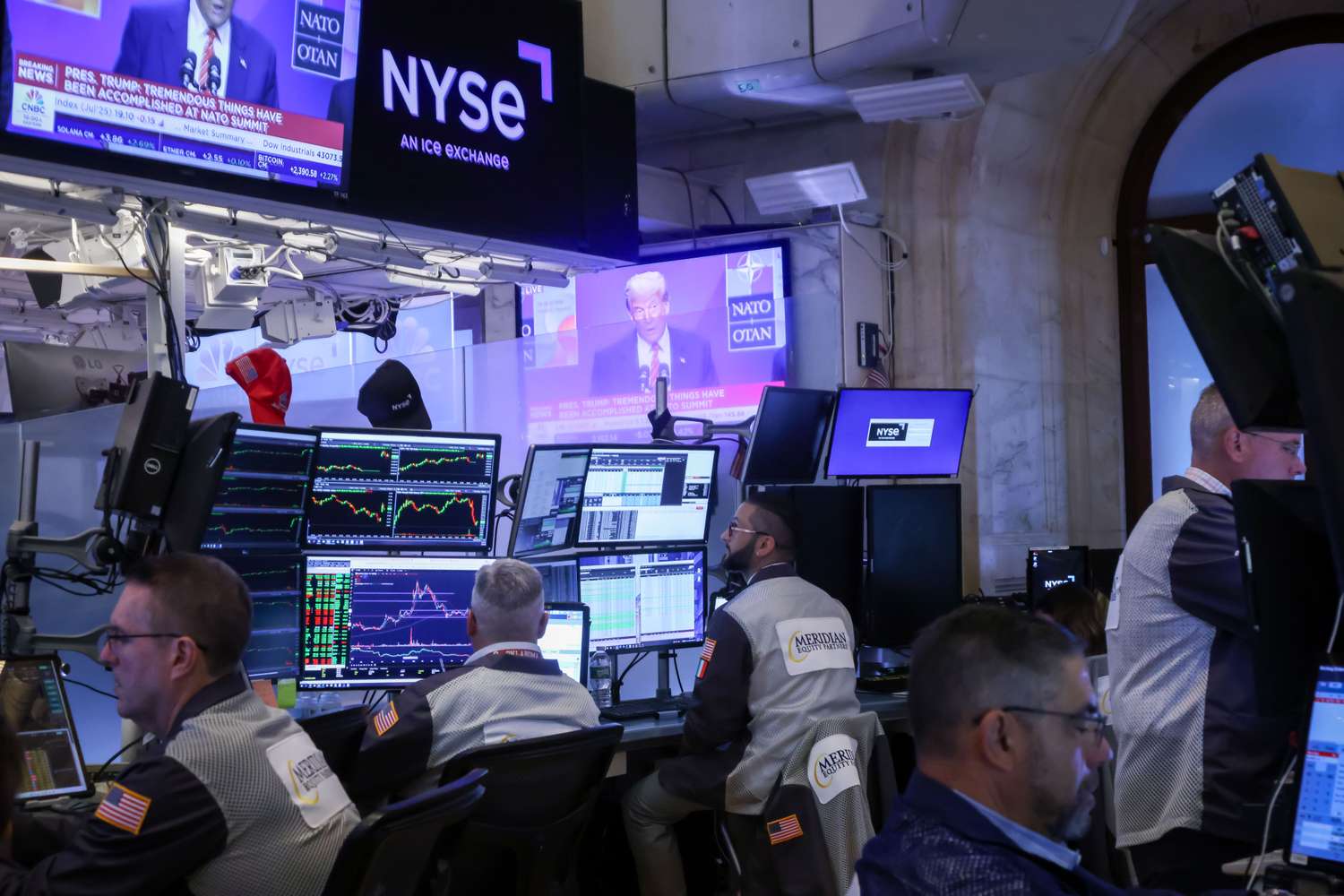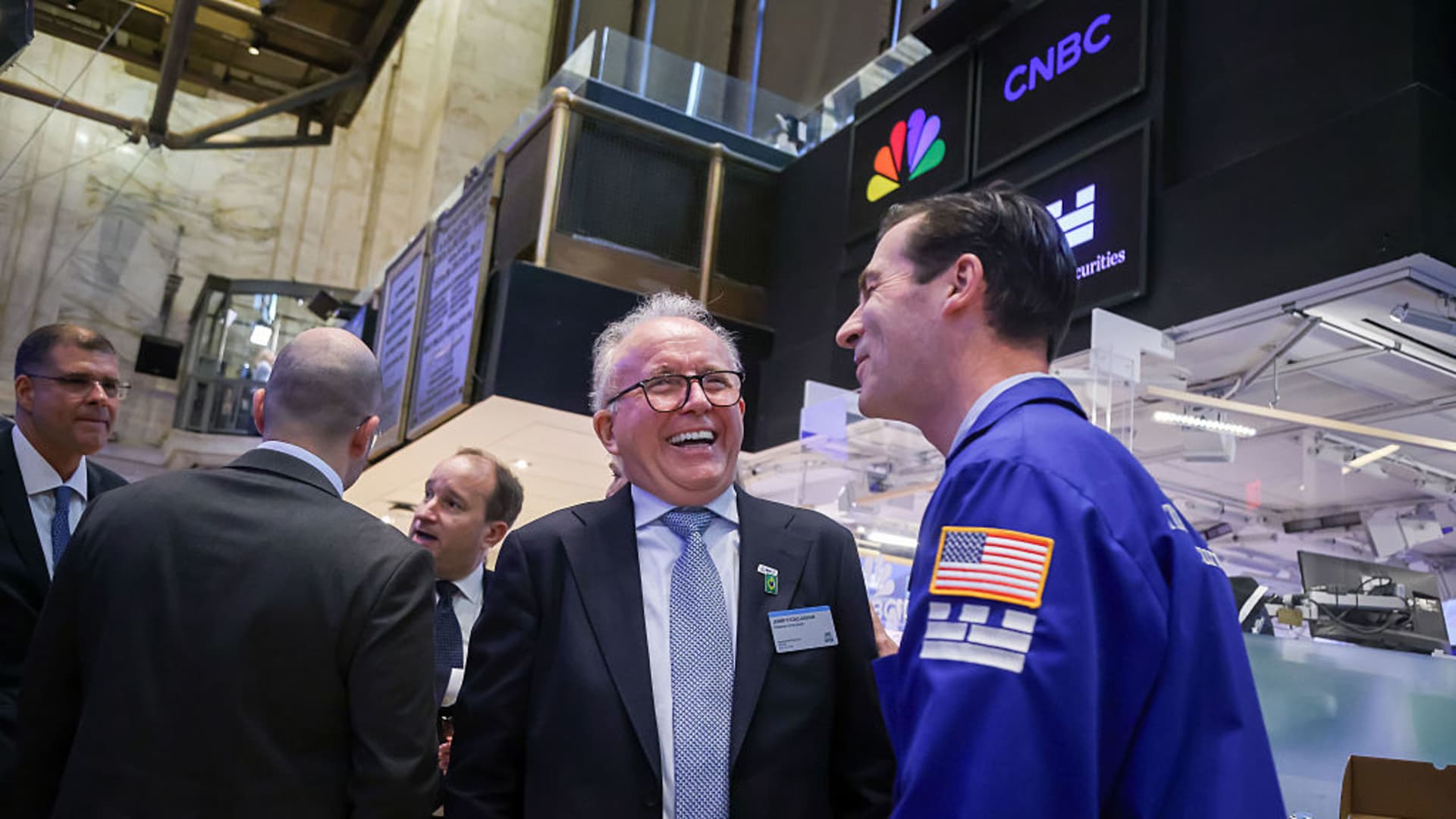Investors are always looking at potential buying opportunities that could be big winners over time. A good place to find these types of situations is to identify previous winners. This can help you narrow down your list of places to park your capital.
Looking at history, there are some dominant companies today that have compounded shareholder capital in a remarkable fashion. In fact, here are three stocks that have turned a $1,000 initial investment into $1 million (or more).
Amazon
Amazon (AMZN 2.94%) is first on this list. Since its initial public offering (IPO) in May 1997, the business has seen its shares soar 222,600% (as of Dec. 5). That gain turned $1,000 into more than $2.2 million today.
The company started out disrupting the retail sector, leading to its current leading position in the e-commerce niche. Nearly 38% of all spending online in the U.S. happens on Amazon.com, indicative of the business’s dominance.
However, Amazon benefits from other powerful secular trends. Its cloud platform, Amazon Web Services, has a leading market share, raking in trailing-12-month revenue of $103 billion. The company also has a popular streaming service in Prime Video, and a large presence in digital advertising.
Amazon is winning over investors by focusing more on the bottom line. During the three-month period that ended Sept. 30, it generated $17.4 billion in operating income, which was up 55% year over year. The leadership team has focused relentlessly on cost cuts and operational efficiency. Wall Street analysts see operating income soaring at a yearly rate of 38.9% between 2023 and 2026.
Shares might be at all-time highs, but investors are still being presented with a nice buying opportunity. The current forward price-to-earnings (P/E) ratio of 43.1 is reasonable, given the company’s impressive earnings trajectory.
Apple
With a current market cap of just under $3.7 trillion, Apple (AAPL -0.08%) has long been the world’s most valuable company. This has come about thanks to a stock that has generated a 245,800% total return since December 1980, turning $1,000 into just under $2.5 million right now.
Apple has become a consumer electronics juggernaut by providing its users with beautifully designed hardware products that come equipped with the company’s internal software capabilities. Innovation has been key to Apple’s success, as it’s developed extremely popular products over the years, like the iPod, iPhone, iPad, MacBook, Watch, and AirPods.
Apple raked in $391 billion in sales in fiscal 2024 (ended Sept. 28), demonstrating just how massive the business has become. It’s very difficult to expand on that figure, especially when the company’s flagship product, the iPhone, isn’t introducing revolutionary updates like it used to in the past.
But this is a financially sound enterprise. Apple generates copious amounts of free cash flow, and it has a strong balance sheet.
Apple doesn’t look like a smart stock to buy. It trades at a steep forward P/E ratio of 32.9, which represents a 15% premium to its trailing-two-year average. That’s an expensive valuation to pay for a low-growth business, no matter how exceptional.
Home Depot
Seeing Home Depot (HD 1.13%) on this list might surprise some folks, as it’s not really a tech-focused or disruptive name. But its stock has performed phenomenally well, turning $1,000 since the IPO in September 1981 to a whopping $36.2 million today. That’s a ridiculous gain.
Home Depot’s business model hasn’t really changed over the years. The company still sells various tools, equipment, and appliances through its stores. Today, it has an online presence that helps serve customers in ways most convenient for them.
In recent years, Home Depot has struggled to grow, due largely to macro headwinds. Households continue to be hesitant when spending on big-ticket items and tackling renovation projects. Home Depot’s same-store sales dipped 3.2% in fiscal 2023, with management expecting that metric to fall again in the current fiscal year.
However, with $155 billion in trailing-12-month sales, this is the clear leader in the home improvement industry. And as economic conditions improve, Home Depot should get back to healthy growth. Industry conditions, like the rising age of homes and the housing inventory shortage, also support demand.
Investors can buy shares at a forward P/E multiple of 28.2. That’s a high valuation. So, similarly to Apple, investors might be better off waiting for a pullback before buying Home Depot shares.
John Mackey, former CEO of Whole Foods Market, an Amazon subsidiary, is a member of The Motley Fool’s board of directors. Neil Patel and his clients have no position in any of the stocks mentioned. The Motley Fool has positions in and recommends Amazon, Apple, and Home Depot. The Motley Fool has a disclosure policy.


